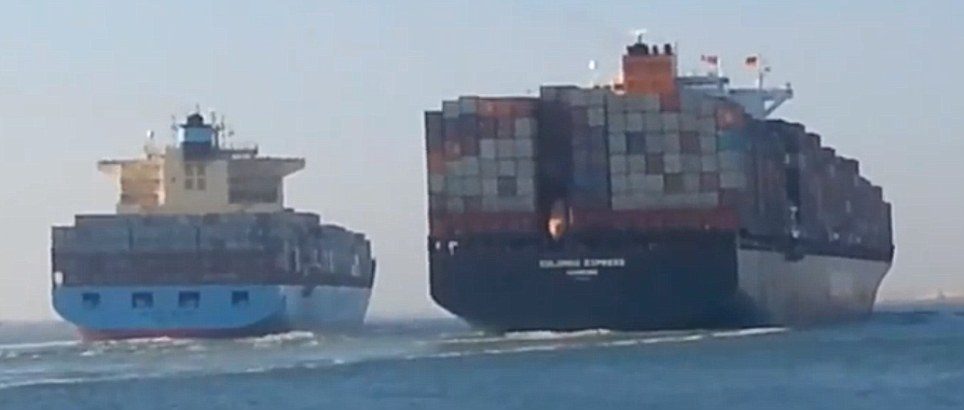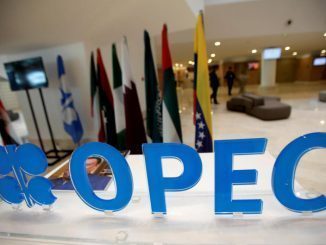
Very large crude carriers (VLCCs) crossing the canal from the Arabian Gulf after discharging at the SUMED oil pipeline will be charged $155,000 if they are carrying more than 250,000 in deadweight tonnage. Moreover, the VLCCs are to pay $230,000 on their return ballast trip.
Suez Canal is one of Egypt’s major sources of foreign currency. Egypt’s economy has witnessed an unprecedented decline during the last two years. The economy has faced major hits due to the withdrawal of tourism and foreign investments which were among the main sources of foreign currency.
In 2015, Abdel-Fattah el-Sissi inaugurated an $8 billion expansion of the canal that aimed to double the daily traffic and increase the annual revenue to more than $13 billion by 2023. However, the Suez Canal revenues have fallen for three consecutive months to record $401.4 million in February, according to official data from the canal’s authority showed.The revenues slowed from $411.8 million in January and $429 million in December last year, meaning that the last three months have seen revenues fall by a total of USD 27.6 million.



